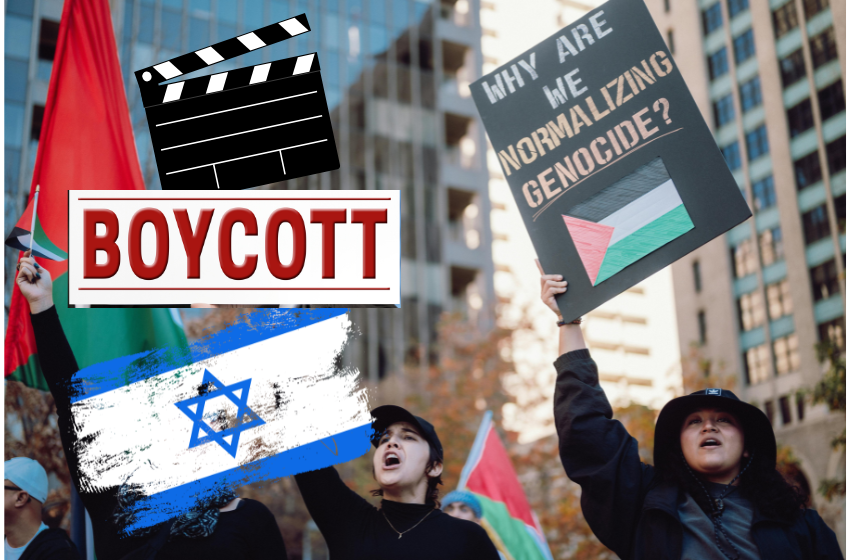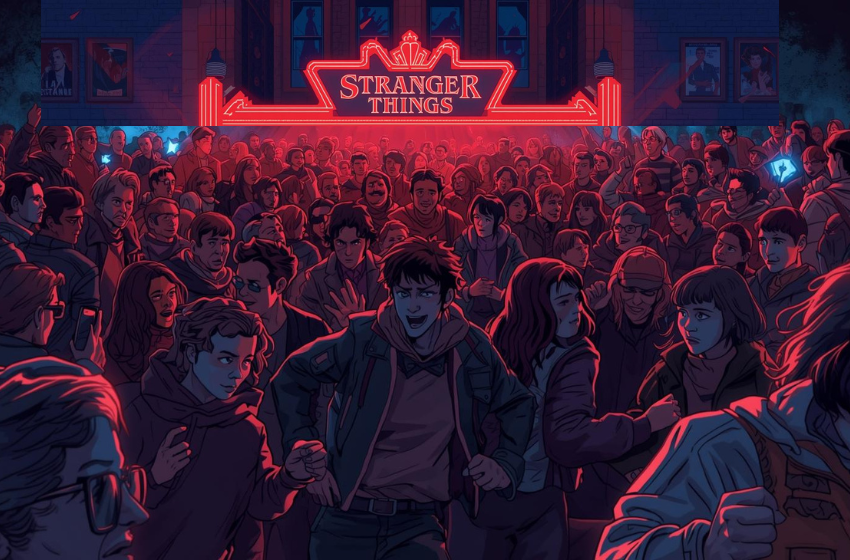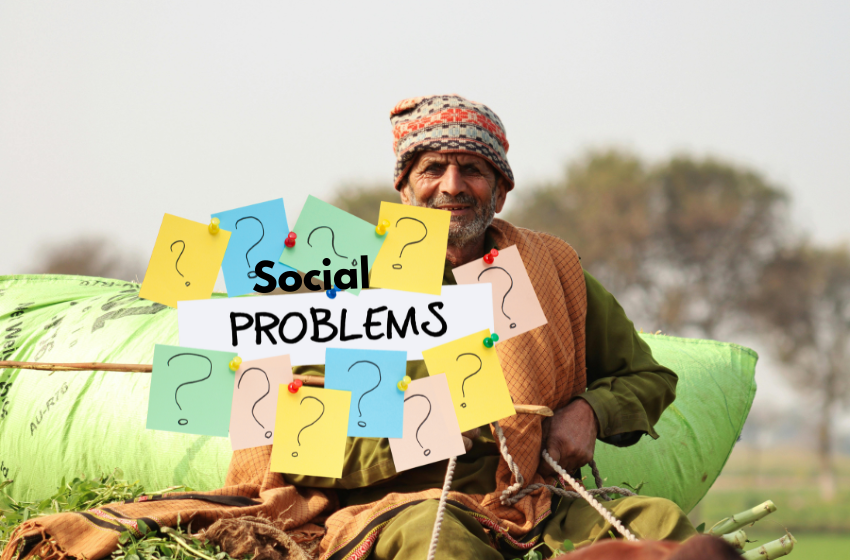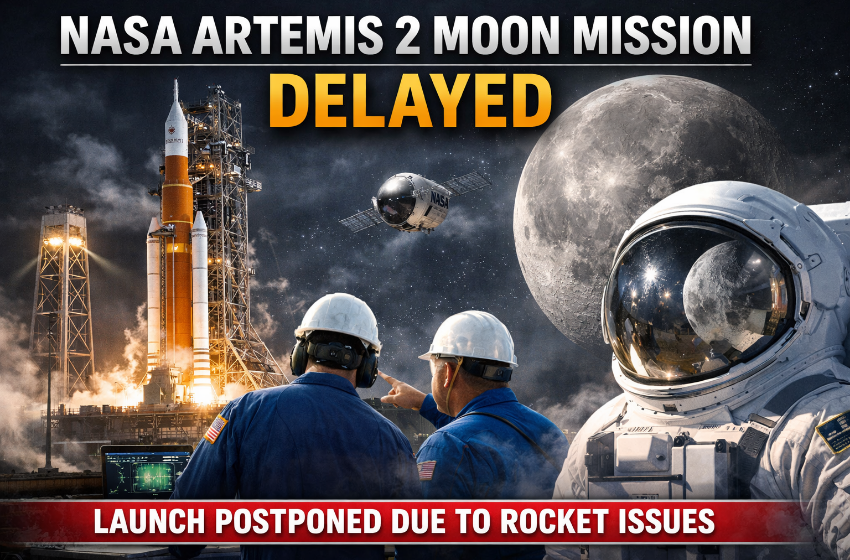
Israeli Film Boycott By Actors: Over Gaza Violence
Actors and filmmakers boycott Israeli film institutions as the global film community takes a bold stand against Israel’s actions in Gaza. Hundreds of actors, directors, and other industry professionals have signed an open pledge to boycott Israeli film institutions. They accuse them of supporting genocide and racial discrimination against Palestinians.
So far, more than 1,200 signatories worldwide have joined the campaign, which continues to gain momentum across Hollywood and international film circles.
The Pledge Against Complicity
According to The Guardian, the pledge declares that cinema has the power to shape public thought and opinion. In such a critical moment, it says, silence is no longer an option.
“As filmmakers, actors, and film industry professionals, we recognize that cinema has the power to influence hearts and minds,” the statement reads. “At this moment of crisis, when many governments are backing the ongoing killings in Gaza, we must do everything possible to avoid complicity in this horror.”
The statement directly accuses Israeli cultural and film organizations of providing cover for human rights abuses. It states that the signatories will not work with film festivals, broadcasters, or production companies allegedly linked to Israel’s violations.
High-Profile Signatories on Israeli Film Boycott By Actors
The list of names signing the pledge is filled with globally recognized stars. Among them are Olivia Colman, Mark Ruffalo, Tilda Swinton, Javier Bardem, Ewe Edebiri, Riz Ahmed, Josh O’Connor, Cynthia Nixon, Julie Christie, Ilana Glazer, Rebecca Hall, Amy Lou Wood, and Debra Winger.
Acclaimed directors have also joined, including Yorgos Lanthimos, Ava DuVernay, Asif Kapadia, Boots Riley, and Joshua Oppenheimer.
By Sunday night, more than 1,200 film workers had put their names to the statement. The scale of the support suggests this boycott is one of the largest coordinated actions by the international film industry in recent years.
Film Workers for Palestine
The statement was released through the platform “Film Workers for Palestine.” This group, made up of industry professionals, seeks to build solidarity with Palestinian artists and call out what they see as the normalization of Israeli policies through culture.
The group accuses Israeli cultural institutions of “justifying or covering up genocide” and argues that art cannot be separated from politics when human lives are at stake.
A Call From Palestinian Filmmakers for Israeli Film Boycott
The boycott responds directly to appeals from Palestinian filmmakers, who have urged the global film industry to reject silence and inaction.
“We answer the call of Palestinian filmmakers,” the statement says. “We refuse to be complicit in their oppression and commit ourselves to using our influence to resist injustice.”
Palestinian films like The Present and others have already drawn international attention to the lived experiences of Palestinians under occupation. Many in the film industry see this cultural moment as a chance to amplify those voices and bring further pressure on governments and institutions.
Global Protest Through Culture
This protest comes as Israeli military operations in Gaza continue to trigger outrage across the world. Human rights organizations and advocacy groups accuse Israel of committing war crimes, while Israel denies the allegations.
Artists and filmmakers, however, are increasingly unwilling to stay silent. The boycott coincides with the timing of major film festivals, including Venice, making the protest highly visible on the global stage.
Industry observers note that cultural boycotts have played a role in past political struggles, such as the global campaign against apartheid in South Africa. Supporters believe the film industry can now play a similar role in challenging what they view as systematic oppression in Palestine.
A Divided Industry on Israeli Film Boycott?
While the boycott has gathered widespread support, it may also spark debate inside the film community. Some argue that cultural institutions should remain separate from politics. Others believe neutrality in the face of alleged atrocities only strengthens oppression.
For the signatories, however, the choice is clear. They argue that refusing to collaborate with Israeli institutions is a moral obligation, not just a political statement.
A Defining Moment for Cinema
The boycott highlights how deeply the Gaza crisis is influencing global culture. What began as protests in the streets has now spread into the heart of the entertainment industry.
For now, as more voices join, the pledge signals that the power of film goes beyond storytelling—it can be a tool of resistance and solidarity. Whether this movement will bring policy changes or further divide the industry remains to be seen.
As one filmmaker put it, “We cannot celebrate cinema while bombs are falling on children. Our art must mean something beyond entertainment; it must stand for justice.”









